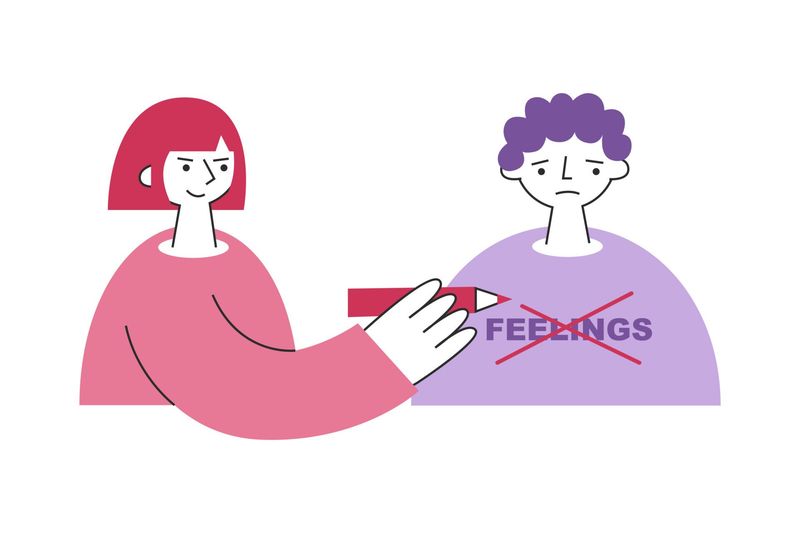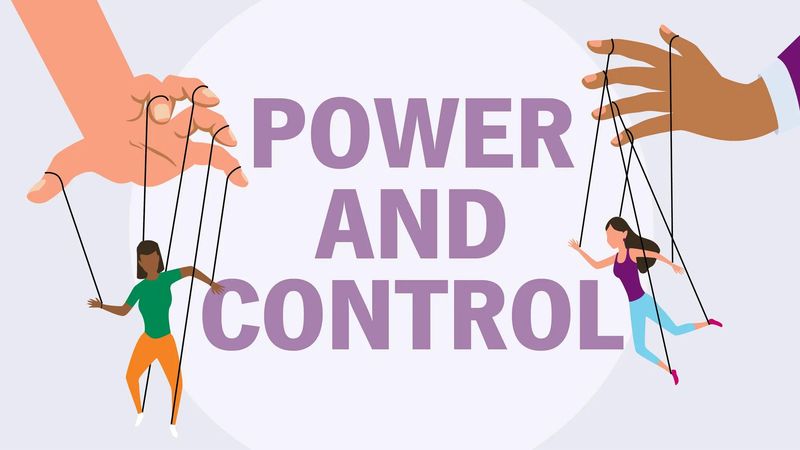When dealing with a narcissist, losing their grip on someone often triggers a series of calculated responses aimed at regaining control. These individuals thrive on manipulation and attention, and when they sense either slipping away, they can employ a number of strategies to pull their targets back in.
Understanding these tactics is crucial for anyone who finds themselves in a relationship with a narcissist, whether it be personal or professional. By recognizing these behaviors, you can better prepare yourself to stand firm and maintain your autonomy. Here are seven things narcissists commonly try when they feel they’re losing control.
1. Guilt-Tripping

Narcissists often resort to guilt-tripping to regain control. They might remind you of past favors or sacrifices, painting themselves as victims. This tactic aims to elicit sympathy and a sense of obligation. By evoking guilt, they hope you’ll reconsider your decision and return to their sphere of influence. It’s crucial to recognize this emotional manipulation and maintain firm boundaries. Remember, genuine relationships don’t thrive on guilt or manipulation. Keep your focus on your own values and priorities, resisting the pull of their guilt-laden traps.
2. Charm Offensive

When losing control, a narcissist might suddenly turn on the charm. They’ll shower you with compliments, gifts, or attention, hoping to remind you of the “good times.” This charm offensive is designed to cloud your judgment and make you question your decision to distance yourself. It’s important to see through this facade and stay grounded in reality. By recognizing the temporary and strategic nature of this charm, you empower yourself to make decisions based on truth, not illusion.
3. Playing the Victim

Narcissists often play the victim to garner sympathy and regain control. They may exaggerate crises or fabricate hardships to appear vulnerable. This manipulation aims to make you feel sorry for them and reconsider your stance. It’s essential to discern genuine distress from narcissistic ploys. Trust your instincts and evaluate the situation objectively. Remember, true vulnerability isn’t manipulative; it’s open and honest. Protect your emotional well-being by recognizing these deceitful attempts to manipulate your empathy.
4. Gaslighting

Gaslighting is a common tactic used by narcissists to regain control. They might question your memory or perception, making you doubt yourself. By distorting reality, they aim to weaken your confidence and increase their influence. It’s vital to trust your own experiences and seek clarity from supportive friends or professionals. Documenting interactions can also help you maintain perspective. This self-assuredness protects you from their manipulative clutches and bolsters your emotional resilience.
5. Silent Treatment

The silent treatment is a passive-aggressive way narcissists attempt to regain control. By withholding communication, they aim to make you feel anxious and desperate for their attention. This silence is not a reflection of your worth but a manipulative tactic. Counter it by focusing on your own life and finding fulfillment outside their influence. Establishing emotional independence is key to breaking free from this control mechanism. Surround yourself with supportive individuals who respect and value your voice.
6. Flying Monkeys

Flying monkeys refer to the people a narcissist enlists to do their bidding. These individuals, often unaware of the manipulation, may pressure you to reconcile or change your mind. The narcissist uses them to spread their perspective and isolate you. It’s important to communicate directly and honestly with these “monkeys,” if possible. Set clear boundaries and remain steadfast in your decisions. By doing so, you can resist the external pressure and maintain control over your own narrative.
7. Love Bombing

Love bombing is a tactic where the narcissist overwhelms you with affection, gifts, or promises. This sudden wave of attention is intended to make you doubt your decision to pull away. It’s crucial to recognize this as a manipulative strategy rather than genuine affection. Take time to evaluate your true feelings and the relationship’s dynamics. Trustworthy relationships develop over time, grounded in mutual respect and understanding. By staying mindful, you can distinguish between genuine love and its manipulative counterpart.

Well, hello there!
My name is Jennifer. Besides being an orthodontist, I am a mother to 3 playful boys. In this motherhood journey, I can say I will never know everything. That’s why I always strive to read a lot, and that’s why I started writing about all the smithereens I came across so that you can have everything in one place! Enjoy and stay positive; you’ve got this!

